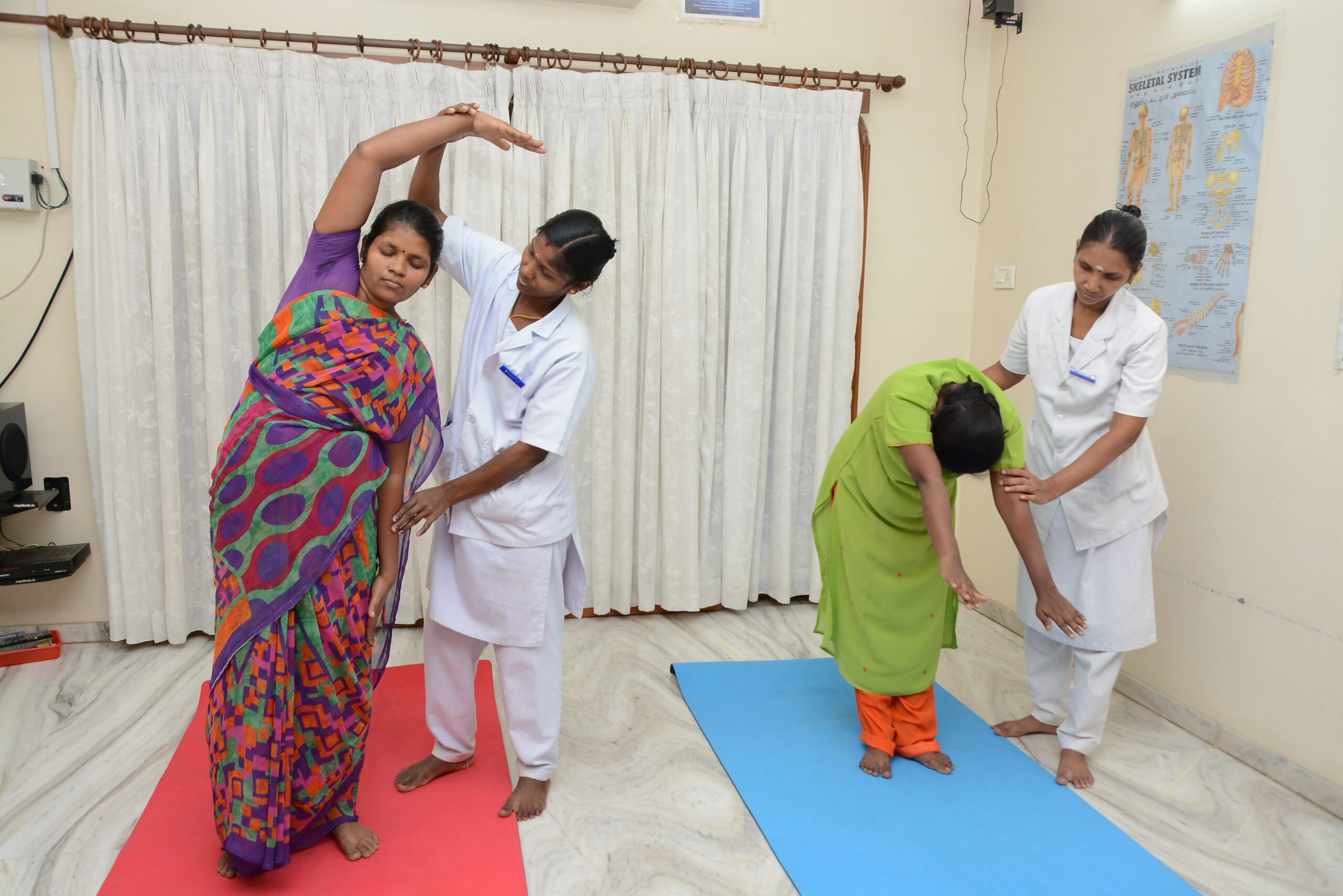Top Causes of Acidity & How to Prevent It!
Understanding the Causes of Acidity: A Comprehensive Guide
Acidity, also known as acid reflux or heartburn, is a common problem that many people experience. It can cause discomfort, pain, and a burning sensation in the chest or throat. Understanding the causes of acidity is essential for managing and preventing this condition. In this blog, we’ll explore the primary factors contributing to acidity and offer some tips for prevention.
What is Acidity?
Acidity occurs when there is excess production of stomach acid, which can move up into the esophagus, causing irritation. This can lead to a range of symptoms, including heartburn, regurgitation, and indigestion.
Common Causes of Acidity
- Dietary Habits:
- Spicy and Oily Foods: Consuming foods high in spices and oils can increase stomach acid production, leading to acidity.
- Citrus Fruits: While healthy, citrus fruits like oranges and lemons can trigger acid reflux in some people.
- Caffeinated Beverages: Coffee, tea, and soda can relax the lower esophageal sphincter, allowing acid to escape into the esophagus.
- Alcohol: Alcohol can increase acid production and relax the lower esophageal sphincter, contributing to acid reflux.
- Large Meals: Eating large portions can put pressure on the stomach, forcing acid into the esophagus.
- Lifestyle Factors:
- Smoking: Smoking can weaken the lower esophageal sphincter, making it easier for stomach acid to escape.
- Lack of Exercise: A sedentary lifestyle can slow down digestion and increase the risk of acid reflux.
- Stress: High levels of stress can affect digestion and lead to increased acid production.
- Medical Conditions:
- Hiatal Hernia: A condition where a part of the stomach pushes up through the diaphragm, causing acid reflux.
- Gastroesophageal Reflux Disease (GERD): A chronic condition where acid frequently flows back into the esophagus.
- Pregnancy: Hormonal changes and pressure on the stomach from the growing fetus can cause acid reflux.
- Medications:
- NSAIDs: Nonsteroidal anti-inflammatory drugs, such as ibuprofen, can irritate the stomach lining and increase acid production.
- Certain Antibiotics: Some antibiotics can upset the stomach and lead to acidity.
Tips for Preventing Acidity
- Eat Smaller Meals: Instead of three large meals, try eating smaller, more frequent meals to avoid overloading your stomach.
- Avoid Trigger Foods: Identify and avoid foods that trigger your acid reflux symptoms.
- Stay Upright After Eating: Avoid lying down immediately after meals to prevent acid from flowing back into the esophagus.
- Maintain a Healthy Weight: Excess weight can put pressure on your stomach, causing acid reflux.
- Quit Smoking: If you smoke, seek help to quit. This can significantly reduce your risk of acidity.
- Manage Stress: Practice relaxation techniques such as yoga, meditation, or deep breathing exercises to reduce stress.
Conclusion
Acidity is a common condition with various causes, including dietary habits, lifestyle factors, medical conditions, and certain medications. By understanding these causes and making some simple lifestyle changes, you can manage and prevent acidity effectively. If you experience frequent or severe symptoms, it’s essential to consult a healthcare professional for proper diagnosis and treatment.





